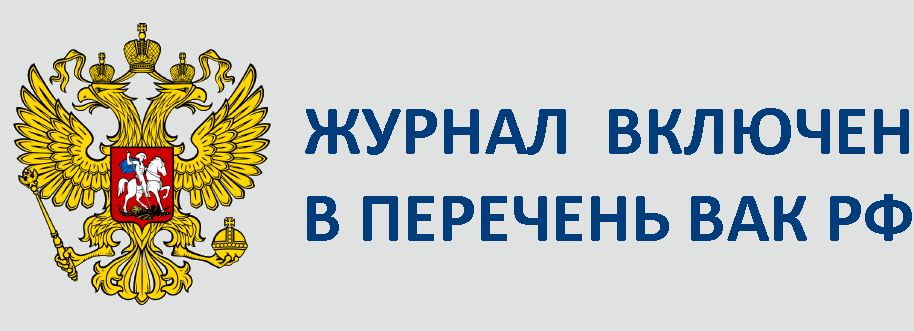№4-2023-13
DOI: 10.22281/2413-9912-2023-07-04-128-136
Pushkarenko E.A.
GERMAN PROPAGANDA IN THE OCCUPIED TERRITORY OF BELARUS
IN 1941-1944: A POLITICAL ASPECT
This article examines the actual problem of modern Russian historiography – the phenomenon of ideological, political, moral and psychological impact on mass consciousness through propaganda in the occupied Soviet territory during the Great Patriotic War. The subject of the study was the thematic direction of anti-Sovietism/anti-communism. The author conclude that the Nazi principles of Slavophobia/Russophobia were disguised as anti-Soviet rhetoric. At the same time, propaganda was supposed to legitimize the arrival of the German authorities in the eyes of the population, justify the policy of genocide of Jews and methods of combating partisans. In propaganda materials, Nazi Germany’s attack on the USSR was called a «preventive» step, and the goal of the war was declared to be «the fight against Bolshevism» and «the liberation of the enslaved peoples of the East.» Ideological influence was built using various techniques: substitution of concepts, distortion of facts, creation of false representations. At the same time, the real shortcomings of the Soviet system, which acted as a kind of verification tool, were also criticized. However, the sharp contrast between the content of propaganda and the realities of the occupation regime devalued the effectiveness of the ideological and political influence of the German authorities on the Soviet population in the occupation zone.
Keywords: German propaganda, the General District of Belarus, the Great Patriotic War, anti-Sovietism/anti-communism, «the fight against Bolshevism».
Russian Customs Academy (Russia)
Это произведение доступно по лицензии Creative Commons «Attribution-ShareAlike» («Атрибуция — На тех же условиях») 4.0 Всемирная






